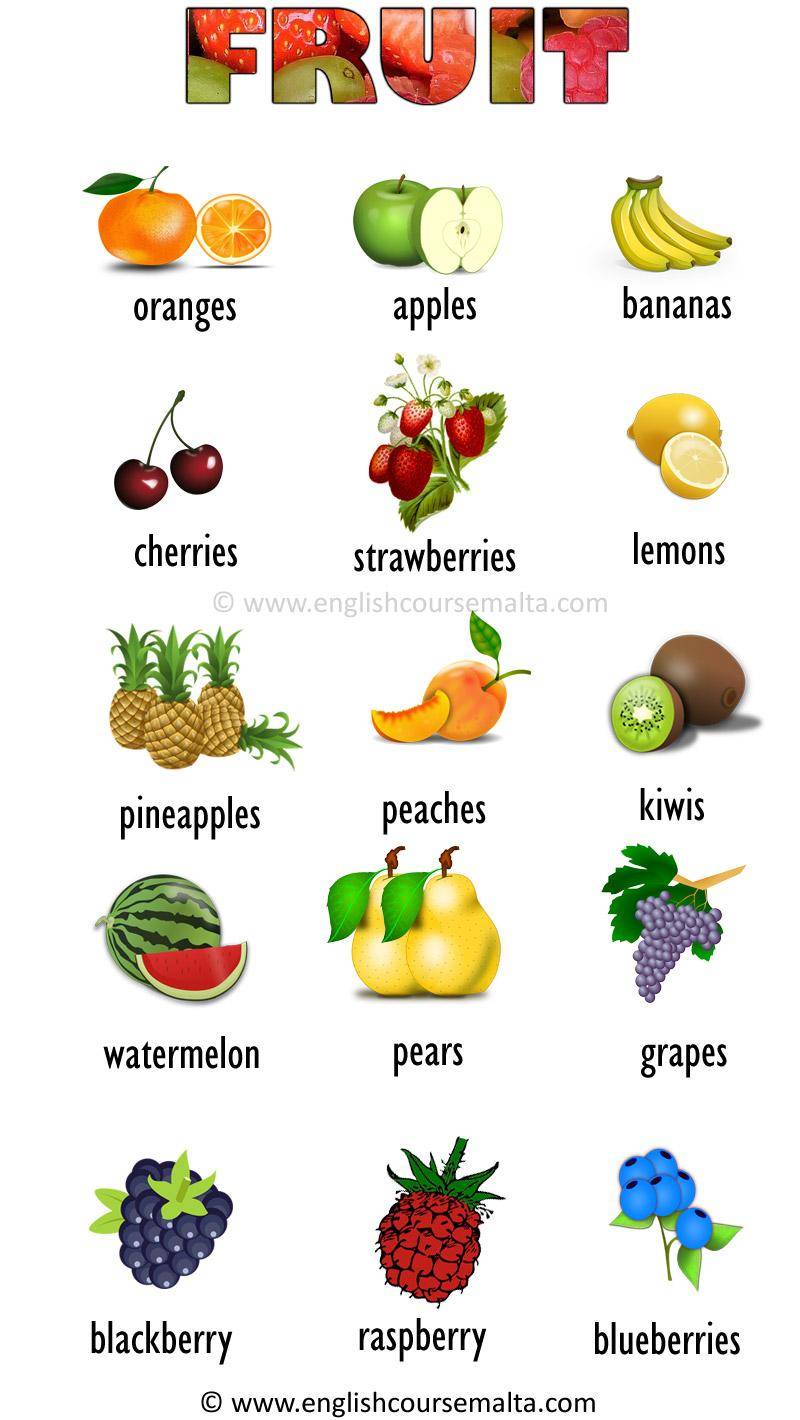Discover If Fruits Is a Word

The Mystery of Singular and Plural Nouns
Isn't it fascinating how the English language can throw even native speakers for a loop sometimes? We all know that "fruit" is a singular noun, but what about its plural form? Does the noun "fruits" exist in proper English grammar or is this just a common misconception? Whether you're a language enthusiast or just someone curious about nitty-gritty grammar details, this article will unpack the rules and dispensations that govern noun plurals. So, let's dive in to discover if "fruits" is a valid word.
The Fruit Rule: Uncovering Noun Plurals
Understanding noun plurals in English can often feel like navigating a maze. Most singular nouns add an "s" to become plural, like "book" to "books" or "car" to "cars." But what about irregular nouns that break the standard "fruit rule"? The word "fruit" is indeed derived from Old French, and its irregular plural form "fruits" has been widely accepted in English for centuries. It’s like finding a shortcut through the maze—once you know it, it’s surprisingly simple.
Proper English Grammar: Keeping It Straightforward
One of the beauties of the English language is its flexibility. While most singular nouns follow a straightforward pattern to become plural—simply add an "s"—there are exceptions and rules that add complexity. The question "Is 'fruits' a word?" hinges on understanding these exceptions. The plural form "fruits" is not just correct but also widely used in contexts ranging from botanical studies to cooking recipes.
Real-World Examples and Usage
When it comes to plural nouns, real-world examples can often provide the clearest understanding. Imagine a farmer who cultivates a variety of "fruits" on their orchard. Each "fruit tree" yields a different type of fruit, and all together they make up the diverse collection of "fruits." This usage isn’t just academically correct; it’s practical and part of everyday language.
Have you ever heard someone say, "I love the variety of fruits available at this market"? This common phrase underscores the acceptability of "fruits" as a plural noun. It’s not just some obscure rule reserved for academic texts but a part of our everyday conversation.
Exploring Language Evolution and Acceptance
Language is a living entity, constantly evolving with each generation. The acceptance of "fruits" as a plural form shows how English adaptability allows for both consistency and flexibility. Think of it as a flexible bridge that connects different generations and cultures through a shared understanding of proper English grammar.
Similarly, dictionaries and language authorities like Merriam-Webster and Oxford English Dictionary recognize "fruits" as a valid word. For instance, you can [[check the definition of "fruits" on Merriam-Webster]](https://www.merriam-webster.com/dictionary/fruits) to see its usage and understand its acceptance in modern English.
The journey of the English language has always been one of acceptance and adaptation. The word "fruits" is a testament to this evolution. It validates that plural forms can be irregular and yet universally accepted. You can always delve deeper into the history of English with resources like the [[Oxford English Dictionary]](https://www.oed.com/) to explore more about such grammatical quirks.
Embracing the Flexibility of English
In summary, "fruits" is indeed a valid word in English. It stands as a plural form of the singular noun "fruit," drawn from historical usage and widely accepted in modern language. Whether you're writing a scientific paper, cooking a recipe, or just having a casual conversation, using "fruits" is perfectly acceptable and part of correct English grammar.
Now that you know the answer to "Is 'fruits' a word?", the next step is to explore more about the richness and flexibility of the English language. Understanding the nuances and rules—like the fruit rule—can enrich your communication and writing skills. So, grab a dictionary, pick your favorite fruits, and dive into the fascinating world of English grammar!
Don’t forget to click the links provided in the article to delve deeper into the topics covered [[here]](https://www.merriam-webster.com/dictionary/fruits) and [[here]](https://www.oed.com/). Your journey into the depths of English grammar awaits!
Conclusion
Next time you find yourself in a linguistic debated about the word "fruits," you’ll know exactly how to respond. The plural form of "fruit" is understood and accepted in everyday language and academic texts alike. So, embrace the versatility of the English language and feel confident in using "fruits" correctly. Share your newfound knowledge with friends and colleagues, and perhaps even spark a lively discussion over a plate of fresh fruits!
Frequently Asked Questions
1. Is "fruits" a singular or plural noun?
"Fruits" is a plural noun. The singular form is "fruit."
2. Can I use "fruits" in formal writing?
Yes, "fruits" is widely accepted in both formal and informal contexts. It is recognized in dictionaries and academic texts.
3. Are there other irregular noun plurals in English?
Absolutely, English has many irregular noun plurals. Examples include "man" to "men," "woman" to "women," and "child" to "children."
4. How do I learn more about English grammar rules?
You can explore resources like Merriam-Webster, the Oxford English Dictionary, and online grammar guides. Websites like [[Grammarly]](https://www.grammarly.com/) also offer comprehensive resources and tutorials.
5. What resources can I use to check the legitimacy of words?
Dictionaries like Merriam-Webster and the Oxford English Dictionary are excellent resources. Online language guides and apps can also be very helpful.
```
0 Response to " Discover If Fruits Is a Word"
Post a Comment